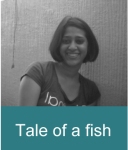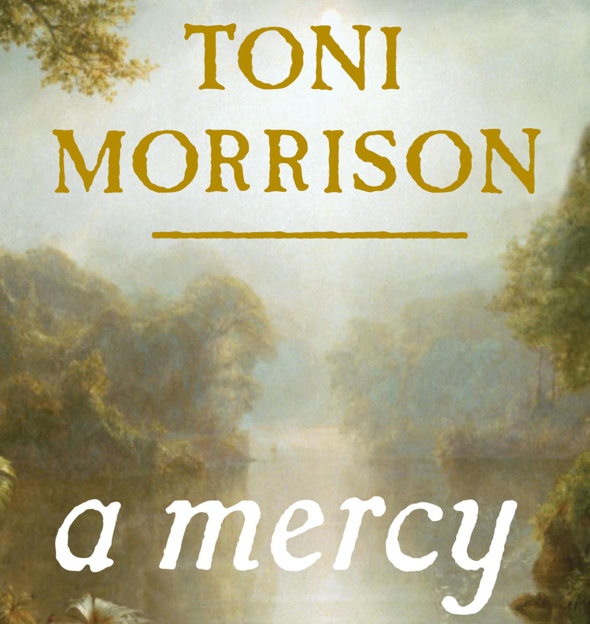
Sometimes I can’t thank providence enough for making me a person who loves reading. If I didn’t read, my life would be horrible and empty and if I have ever known a single truth, it is that literature has enriched my life in ways I cannot describe.
I recently finished Toni Morrison’s A Mercy, a layered, slim novel (only 165 pages) published in 2008. Though it took me a week to read it, I found that it took much longer for me to mull over it and sort of digest the contents.
A Mercy is set at least a century before the events in Beloved, her better known work, took place. In 1690, America was on the brink of the kind of civilisation from which Beloved was born. It all begins with Jacob Vaark a white settler trying to make a living in a homestead, accepting a little 8-year-old slave Florens, as payment for a debt. He does this despite his distaste for “trading in flesh,” (Which is ironic given the arc the story takes later) but soon Florens is absorbed into life on the Vaark homestead. There’s Vaark’s wife Rebekka; Lina, a Native American slave and a simple-minded foundling Sorrow. The Vaarks, surprisingly, are not the evil-whitey motifs, that you find in a lot of narratives about slavery. They treat their slaves pretty well all things considering – no terrifying stories of beatings and torture. In fact, if you were very dumb, you might even call them a family. Except, of course that they’re not. The word slave runs deep. Morrison uses the story to really explore the beginnings of slavery, to find out the meaning of what it means to be free. She explains, in this discussion at the New York Public Library, that she wanted to eliminate race from the equation completely.
The story really takes a turn when Jacob dies of small-pox and Rebekka catches it too. Florens must undertake a journey to find a freed man – a blacksmith of African descent- who is some kind of a marvel with medicine. The journey has personal reasons tied up with the obvious; Florens, now 16, is hopelessly in love with the blacksmith. Back stories come through the narration of other three women – Rebekka, Lina and Sorrow and in their stories we get creepy insight into what freedom really means, how slavery was born, what nurtured it and how it stayed untouched and unquestioned for so many years.
It is not a good idea to read Morrison novels and examine your feelings right away. The intensity will mess you up. You have to pause, breathe, read up on your history, re-read and only then can you search your soul to identify the depths that the story and the narrative offer. I did all of that and I was amazed at the things I discovered. Popular culture hasn’t even scraped the surface of what the modern world knows of slavery. Florens’ mother, who in the beginning of the book, begged Jacob to take her daughter, (she sensed that Jacob was a decent man, who would keep Florens safer than she could) was shipped over to America and the book ends with her perspective. “It was there that I learned how I was not a person from my country, nor from my families. I was negrita. Everything. Language, dress, gods, dance, habits, decoration, song – all of it cooked together in the colour of my skin.”
A Mercy is the kind of book that stays with you for days afterward. Its short but it hits so hard, it leaves you breathless. Read. It.
P.S: A shout out to The book lady’s blog that lead me to a bunch of insightful post-book reading.










